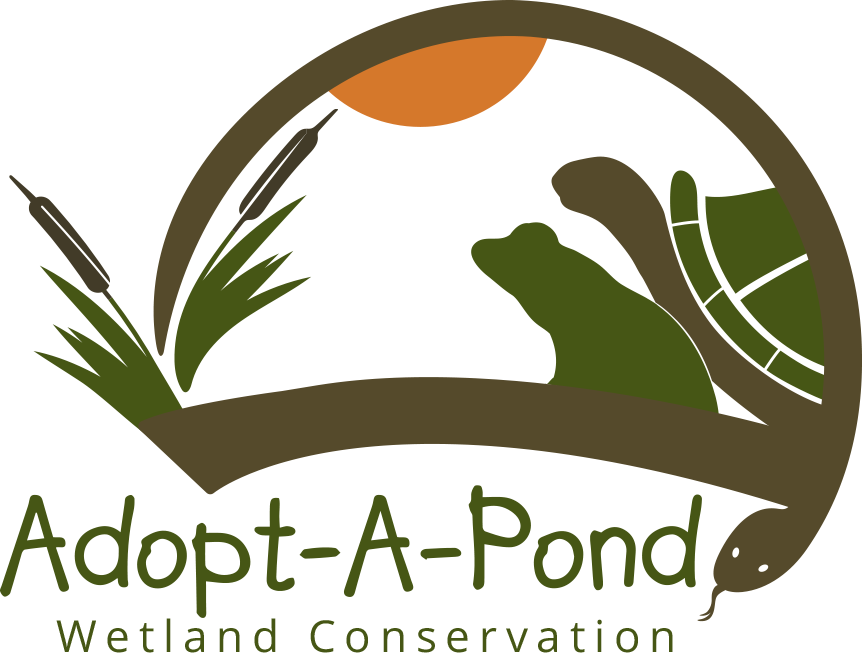Helping Reptiles and Amphibians Cross the Road
If you see a reptile or an amphibian trying to cross the road, you can help by moving it to the other side. However, the first thing to keep in mind is your safety! If you are in a car, you should pull over to the shoulder, turn on your hazard lights, and exit the vehicle when it is safe to do so. If you are on foot, ensure the road is clear of oncoming traffic on both sides before approaching the animal.
Keep in mind that the animal will most likely be scared and not understand that you are trying to help them, so it may lash out at you in self-defense. The best way to protect yourself and avoid scaring the animal further is to approach it from behind, keeping a safe distance from its face. Gently pick up the animal and carry it to a safe area on the side of the road. When possible, try to move the animal in the direction in which it was already headed. Reptiles and amphibians usually have a reason for crossing roads, and if moved back to the side from which they started they will often turn around and try to cross again.
Different species should be picked up in different ways to ensure the safety of the handler and the animal. Learn about the different methods in our Summer Safety videos below:
Turtle Safety- How To Help A Turtle Cross The Road
How To Move Amphibians Safely
How To Help A Snapping Turtle Cross The Road
How To Move A Snake Safely
Helping Injured Wildlife
If you stop for a reptile or amphibian on the road and find it is injured, there are several organizations that you can contact for help. A list of these can be found at the bottom of this page. Please note that the Toronto Zoo does not take in injured or unwanted reptiles and amphibians. You are legally allowed to have wildlife in your possession for up to 24 hours while you are transferring it to a licensed rehabilitator.
When transporting an injured animal, keep in mind that it may have internal injuries that are not yet apparent and should be handled with care.
Follow the steps below to keep the animal calm and safe during transport:
- Carefully place the injured animal in a well-ventilated plastic container with a secure lid and no water.
- For amphibians, line the bottom of the container with a damp (not wet) paper towel or cloth to keep their skin from drying out.
- Note the location (road, major intersection, kilometer marker) where the animal was found to ensure it can be released according to provincial regulations.
- Do not offer any food or water to the animal, and do not try to treat it.
- Avoid sudden turns and stops while driving and keep music volume low to reduce stress.
- Keep the animal at room temperature (around 18–22°C) and keep it away from air conditioning vents in your car.
- If the animal has died but you believe it is carrying eggs inside, you should still try to get them to a rehabilitator as soon as possible as they may be able to remove the eggs and incubate them artificially. Eggs can survive in a deceased mother for 24 hours or more if they are not exposed to extreme temperatures.
If you are planning on taking injured wildlife to a rehabilitator, be sure to call them first. Many wildlife rehabilitators are run entirely by volunteers, who may not be available if you show up unexpectedly. Your call will also allow their veterinarians to prepare for the incoming patient. Be sure to let them know where the animal was found so it can be released back into its home once it recovers.
Contact these organizations for more information on helping injured wildlife in your area:
|
Ontario Turtle Conservation Centre 4-1434 Chemong Rd. Peterborough, ON K9J 6X2 Website |
Sandy Pines Wildlife Centre Inc. 8749 County Rd 2, Napanee, ON, Tel: (613) 354-0264 Website |
|
Toronto Wildlife Centre 9am - 6pm, 365 Days a Year 60 Carl Hall Rd., Unit 4 Toronto, ON Hotline: (416) 631-0662 Website |
Leeds & Grenville OSPCA 800 Centennial Rd., Brockville, ON Tel: (613) 345-5520 |
|
Rideau Valley Wildlife Sanctuary North Gower, ON Tel: (613) 258-9480 Website |
You can also contact your local Ministry of Natural Resources office for a list of authorized wildlife rehabilitators in your area.













